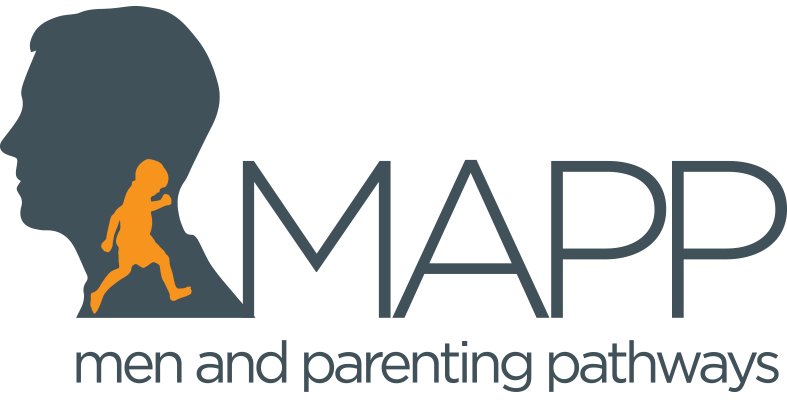The 1 in 10 Men project will:
Establish a Fatherhood Living Knowledge Bank of emerging evidence on men’s mental health in the years before fatherhood.
Establish a Fatherhood Lifecourse Research Alliance to identify opportunities for preventions and treatments of mental health problems experienced by fathers.
Create Living Guidelines for Paternal Preconception Mental Health Care.
‘1 in 10 men’ - the bACKGROUND INFORMATION
Historically, perinatal health services have been almost exclusively charged with the care of mothers and infants, but there is now a growing understanding that it takes a ‘whole of family’ approach to support perinatal care. When fathers have mental health problems, their partners are at higher risk of developing mental health problems and their children are at higher risk of social, emotional and behavioural problems.
Men’s symptoms of mental health problems can present differently to women’s (such as through anger, substance misuse or risk-taking behaviours), yet perinatal healthcare staff are rarely trained or resourced to recognise these signs of distress. Men may not recognise their symptoms as mental health problems with 45% of men not aware that they can experience postpartum depression.
Perinatal and mental health practitioners are eagerly seeking evidence-based supports that they can implement with fathers but, to date, they have had little to go on.
WHAT WILL ‘1 in 10 men’ do to change this?
The project aims to support the early prevention of mental health problems for fathers and to develop high quality, evidence-based guidelines for health practitioners to detect and support mental health problems in men.
How will ‘1 in 10 men’ make this change?
We will first launch a Fatherhood Living Knowledge Bank to ensure a continuous flow of emerging evidence from around the globe about best practice supports and opportunities for intervention for men in the years before fatherhood, during pregnancy, and in the early years of parenting. Using the latest AI technology to search and update within this Knowledge Bank, we will accelerate the translation of evidence into practice.
Second, we will form a Fatherhood Lifecourse Research Alliance that draws in some of the world’s most advanced longitudinal studies of mental health and wellbeing. Through this, we will investigate adolescent and young adult social determinants of father’s mental health in early parenting and identify key targets for preventative interventions. Core to this is use of data from the rare, 40-year Australian Temperament Project Generation 3 study and from the Men and Parenting Pathways study (MAPP).
Third, we will create ‘Living’ Guidelines for Paternal Preconception Mental Health Care for use by practitioners. These ‘living’ guidelines are continually updated to ensure that practitioners work with the most current evidence and best practice information. Our partners, Movember and Healthy Male, will support the ongoing development and delivery of health promotion and educational materials.
keep in touch
If you’re a MAPP participant, and your contact information has changed since the last time we were in contact, please let us know your change of contact details.

